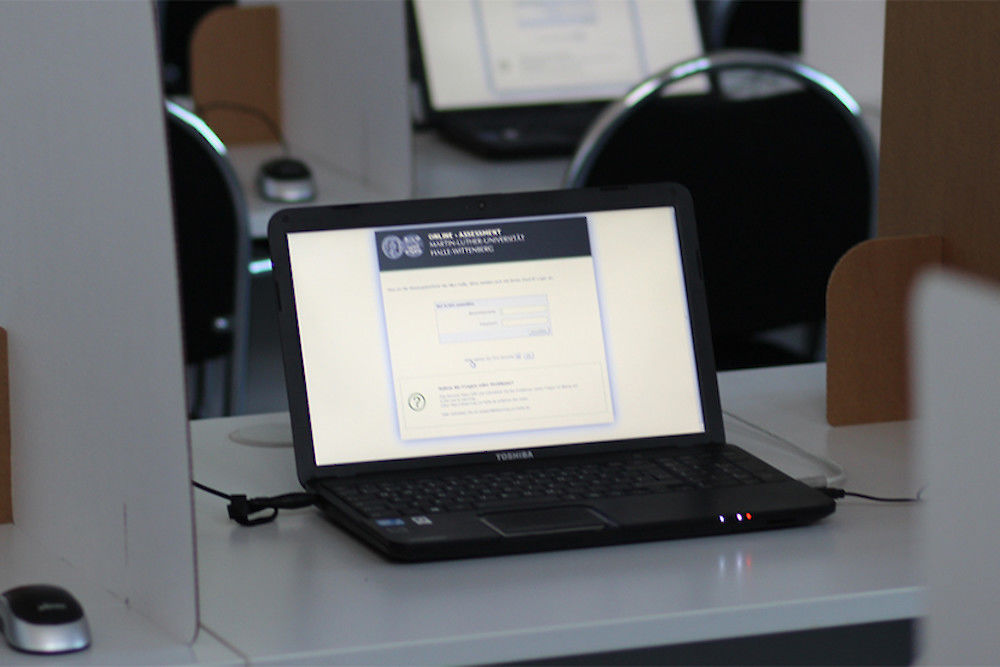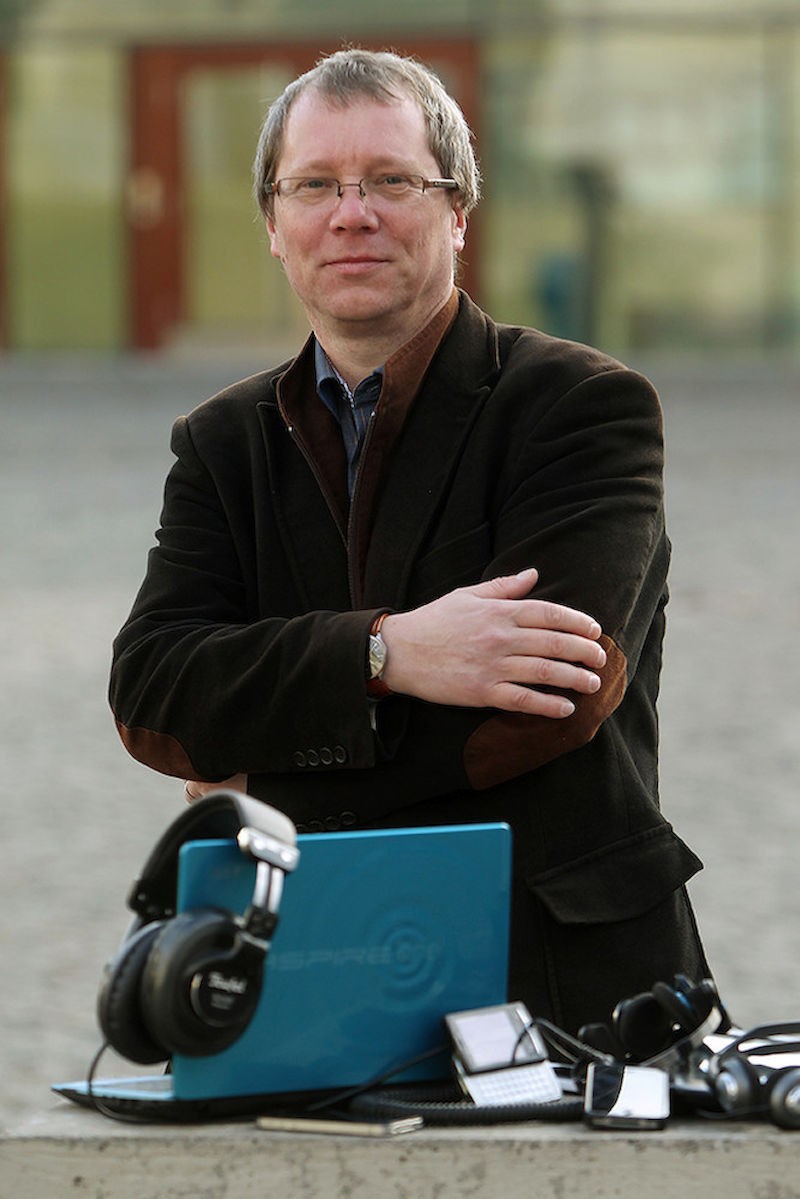More money for digital teaching

Modernising the teaching at the University of Halle with the help of multimedia technology – this was the assignment that the centre for multimedial teaching and learning (LLZ) started work on four years ago at the University of Halle as part of the project “Studium multimedial” (“multimedial studies”). This is what it means exactly: Together with the teaching staff, the employees develop the offers at the centre for multimedia teaching and learning and help with their implementation.
“In the first two years we created the technical and legal bases as well as the necessary structures,” says LLZ Managing Director Dr Michael Gerth. A total of 6 million euros were made available in the first funding phase from 2012 to 2016. In September 2016 the university received a funding agreement for a further 6.5 million euros, with which the centre will be funded from 2017 to 2020 by the joint Federal-State programme “Quality Pact for Teaching”.
“In the second phase we want to reach even more teaching staff with our offers and have a greater presence within the faculties,” says Gerth. Even though around 500 lecturers at the university have used the services of the centre, there are still employees at the university who are unaware of them.
Students have sat a total of over 7,000 electronic exams
Every faculty already has its permanent contact at the LLZ. Service offers for the digitisation of teaching are the focus of their work. Here an emphasis is placed on recording and compiling lecture videos. By now, 23 lecture theatres have been equipped with the necessary automatic recording technology for this. Around 500 courses are recorded every semester, which are then edited by the team at the LLZ and made available digitally. “User numbers are continually rising – in our experience numbers rise especially quickly just before the exam period,” Gerth reports.
By doing this, the university is also adapting its range of courses to a target group that is becoming increasingly heterogeneous. Whether international students or students with children – digital offers make studying easier for all groups because, with the help of recordings, they can organise their learning process to suit their individual needs, regardless of time and place. For Gerth these lecture videos also have another big advantage: “Thanks to the recordings, lecturers have material at their disposal which they can use to develop other courses.”
Lecturers can choose from a number of tools and formats to develop multimedia teaching projects. The spectrum ranges from a web-based system called “ARSnova”, which students can use to ask questions or vote through podcasts, and so-called screencasts (recordings of screen content) used to develop e-exams that are completed on a computer. The latter has been another focus of the LLZ since 2014.
Students at the University of Halle have sat a total of over 7,000 electronic exams. LLZ initiator Professor Josef Lukas has academically supported this latest topic through his research work. The psychologist, who acted as director up until his retirement in March 2016, developed the first German-language handbook on electronic exams with his co-workers at the LLZ.
Adaptive teaching and learning will be a focus
In June, the newly appointed psychologist Professor Torsten Schubert was chosen as Lukas' successor. The new LLZ director has announced that in the second funding phase the centre will be reinforced with a new research group: “It will promote research on the essentials and usage aspects of multimedia teaching and learning and, to this effect, also harness skills from cognitive psychology.” An interdisciplinary programme spanning all faculties is planned to support and group together relevant research activities at the University of Halle.
Digital learning affects a person’s cognitive properties and so many new research questions arise, such as: How does this learning change the memory and knowledge structures of the student? “The effects on memory processes and individual learning strategies again require an adjustment of the didactic teaching and learning approaches and at the same time impose new requirements on IT solutions for the development of adaptive learning environments and learning situations,” says Schubert.
Adaptive teaching and learning will be a focus of the new funding phase. Here the teaching content is adapted to the level of knowledge of the individual student. “'Adaptive' means that when a student cannot answer a test question, for example, they will receive the appropriate learning unit,” Michael Gerth explains.
Work on the first offers for adaptive teaching and learning is expected to begin in 2017 in cooperation with the Faculty of Geoscience and Geography.

